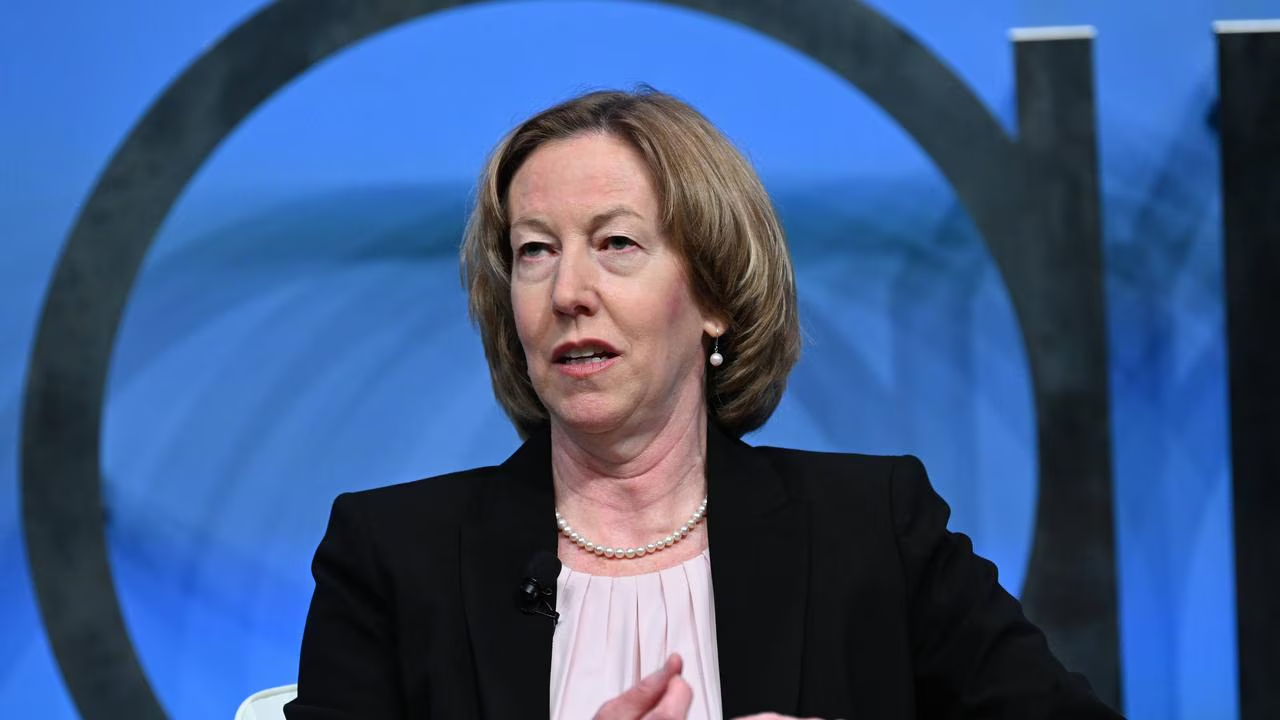The Nigerian National Petroleum Company (NNPC) Limited has projected significant revenue losses following the recent strike by the Petroleum and Natural Gas Senior Staff Association of Nigeria (PENGASSAN). The company said the industrial action disrupted oil production, gas sales, and crude liftings, compounding immediate cash flow pressures.
In a September 29, 2025 letter to the Nigerian Midstream and Downstream Petroleum Regulatory Authority (NMDPRA) and the Nigerian Upstream Petroleum Regulatory Commission (NUPRC), NNPC’s Group Chief Executive Officer Bayo Ojulari confirmed the strike triggered a 16% loss in oil production. “Significant revenue losses are projected at current deferment levels, driven by missed liftings and gas sales. Cashflow pressures are immediate and compounding,” he said.
Ojulari warned that the disruptions extended beyond crude oil, posing systemic risks to energy supply, personnel safety, and national economic stability. He explained that within 24 hours of the strike, production deferments stood at 283,000 barrels per day (kbopd) of oil, 1.7 billion standard cubic feet per day (bscfd) of gas, and more than 1,200 megawatts of power generation.
“This equates to around 16% of national oil output, 30% of marketed gas, and 20% of electricity generation,” he said, underscoring the scale of disruption. Despite deploying non-union staff to sustain limited exports, overall operations remained heavily constrained.
The strike also disrupted five critical maintenance programs, including USAN TAM, AKPO GT-3 pigging, H2 well tests, annual compressor maintenance, and SEPNU EAP IGE. Ojulari said these knock-on effects would cause further deferments, pushing back production growth timelines.
He noted that restoration of about 100,000 barrels per day of crude oil and 1.34 bscfd of monetised gas under joint venture and production sharing contracts, originally due this week, had been delayed. According to him, critical-path project activities were also set back, with longer-term risks to production expansion.
Ojulari cautioned that lifting operations across several export terminals faced further financial exposure, including the risk of demurrage claims from international buyers. At the Brass terminal, loading of an NNPC cargo nearly completed had to be suspended after documentation could not be finalized during the strike.
“The delay has already resulted in demurrage costs,” Ojulari said, stressing that financial impacts were escalating quickly under current deferment levels. He added that while NNPC was engaging stakeholders to strengthen emergency protocols and ensure continuity, risks to exports and revenue would linger in the coming months.
On October 1, PENGASSAN suspended its nationwide strike against the Dangote Refinery after the federal government intervened. The Dangote Group agreed to redeploy Nigerian workers dismissed by its refinery unit, ending a standoff that had paralyzed critical energy infrastructure and pushed the sector to the brink of wider losses.





















